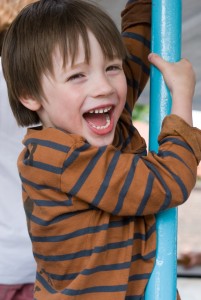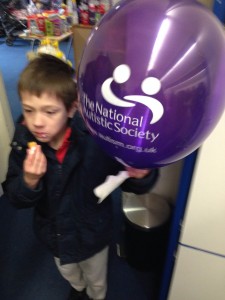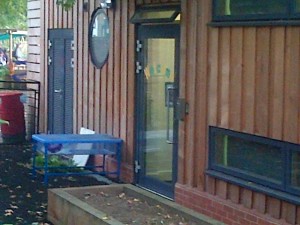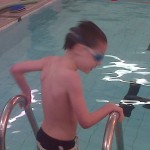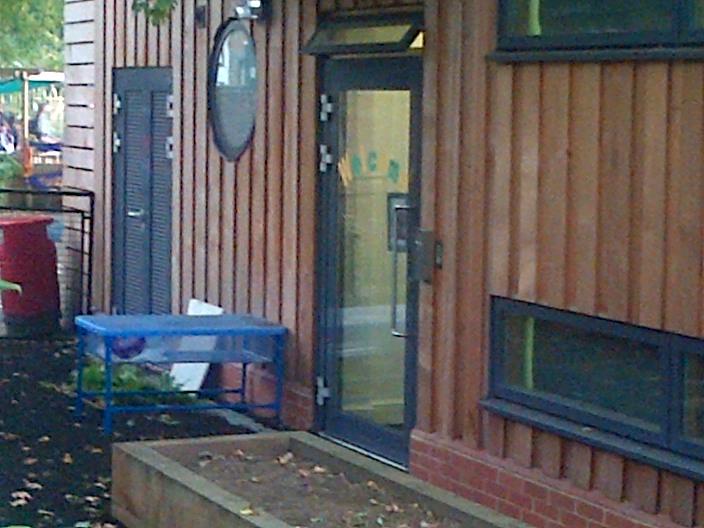But I can defend this on the grounds that John, our eight year old son, is still in education. So it is of great interest. But I really need you help and advice with a problem which has just arisen.
So firstly a bit of background!
As we have mentioned before our son attends a ResourceBase which is a halfway house between a specialist ASD school and a mainstream one. I’ve blogged in some detail here if you are interested.
Now as I have mentioned in previous blog posts both my wife and I are very pleased with John’s development at the Resourcebase. The numerous staff are committed and caring. Above all they are properly trained to do their jobs and that training is on-going.
Indeed John has progressed in the nearly two years he has been at the ResourseBase in leaps and bounds.
That being said he still has some way to go before he reaches parity with his peers. There are a number of reasons for this, but most especially, there are his problems with handwriting which in turn are caused by his many issues with fine motor skills. He does need some intensive work, in particular, in occupational therapy to help him go forward.
So his mother and I have suggested to the school that they keep him down a year next year so that he can cement the skills he has already learned and develop those he needs before it is time to move on to new challenges. He also needs to make up for lost therapy during his time in mainstream education.
The school’s reaction has so far not been positive. This is not really from the school but from the local government body which deals with education. For those of you who do not know my family and I live in London England.
There are a number of reasons stated – but mainly it come down to transitioning our son to other schools when he has finished his current stage. In the UK this transitioning normally takes place at the age of 11. But we know from our own experience that it has been common for children with ASD to be “kept down a year”. In fact with much success.
So why would we like your help.
Very simple.
It would be great if you could share your thoughts on this problem in the comments section below.
In particular we are interested in your views on the following questions.
a) Do you think keeping a child with ASD “down a year” is a good or bad idea in principle?
b) Have you any experience of this yourself? Please tell your story in the comments section below.
c) What happened when you child transitioned out of education or to a new level such as high school or university?
d) In general when you disagreed with the proposals of your child’s education providers how did that work out?
My wife and I would love to read your comments so that we can help prepare a case to give our son the best education possible.
Many thanks in advance.
PS If you know of anyone who might be able to help with any of these questions please can you share this blog post with them. Thx.
